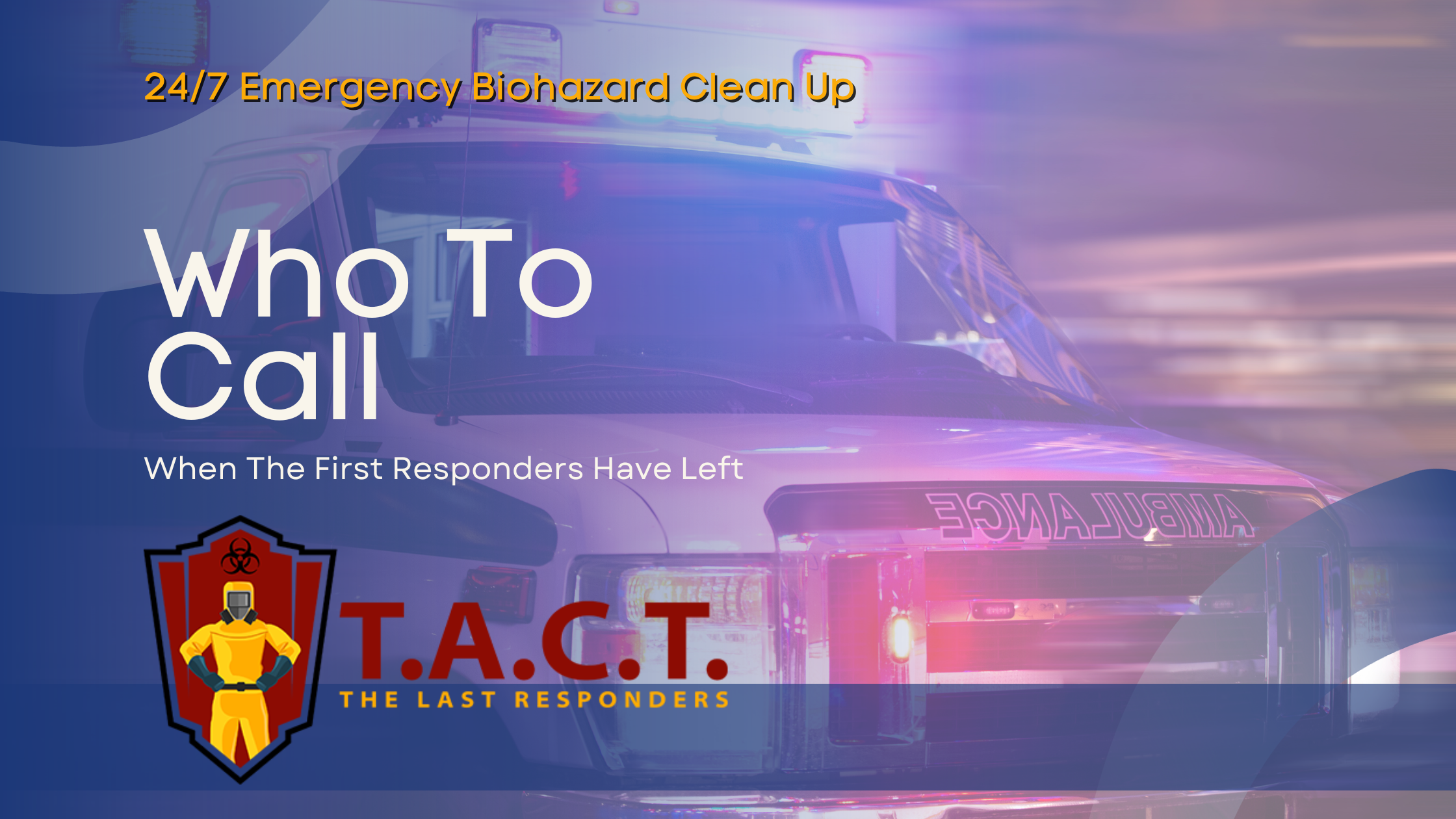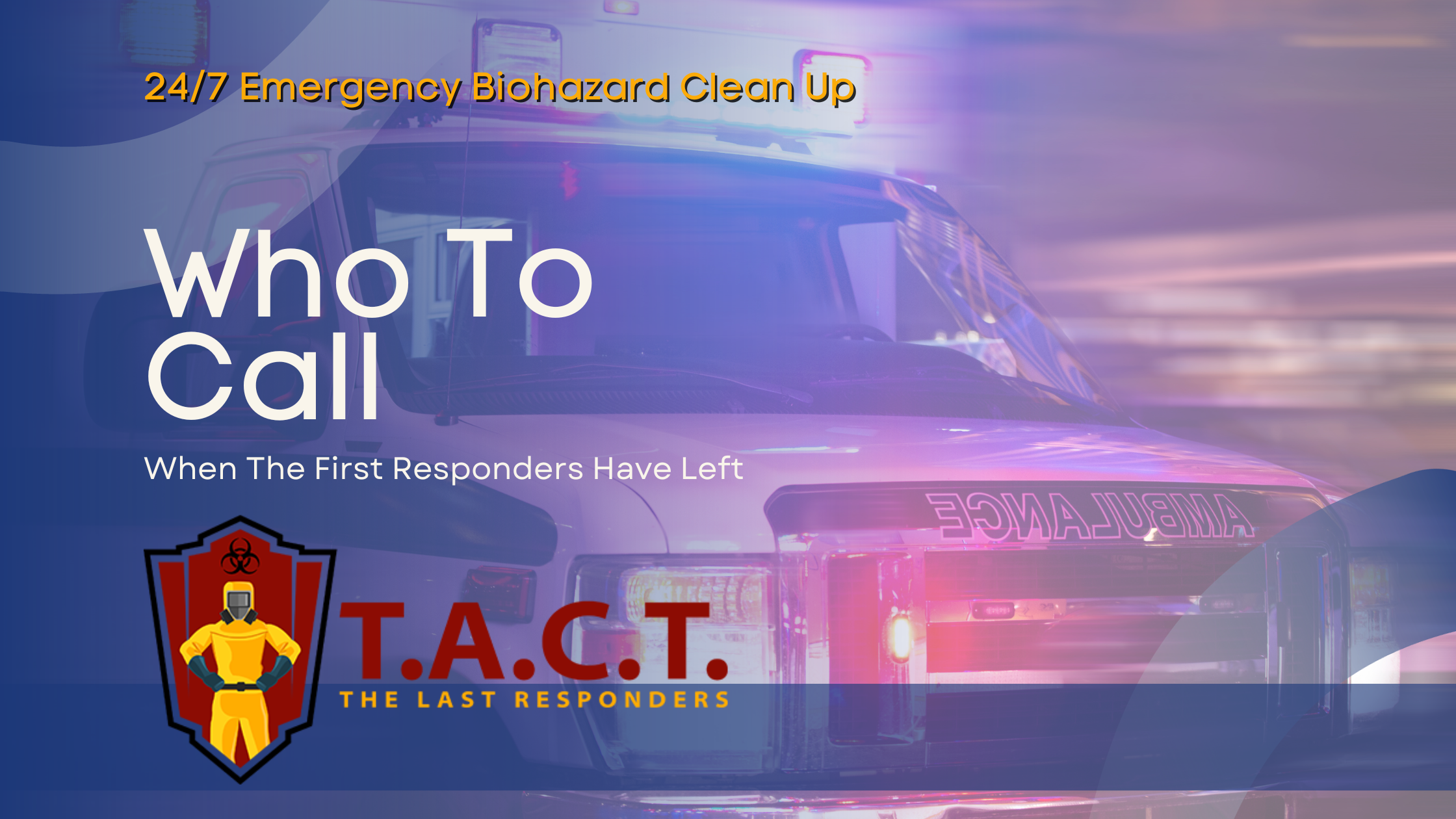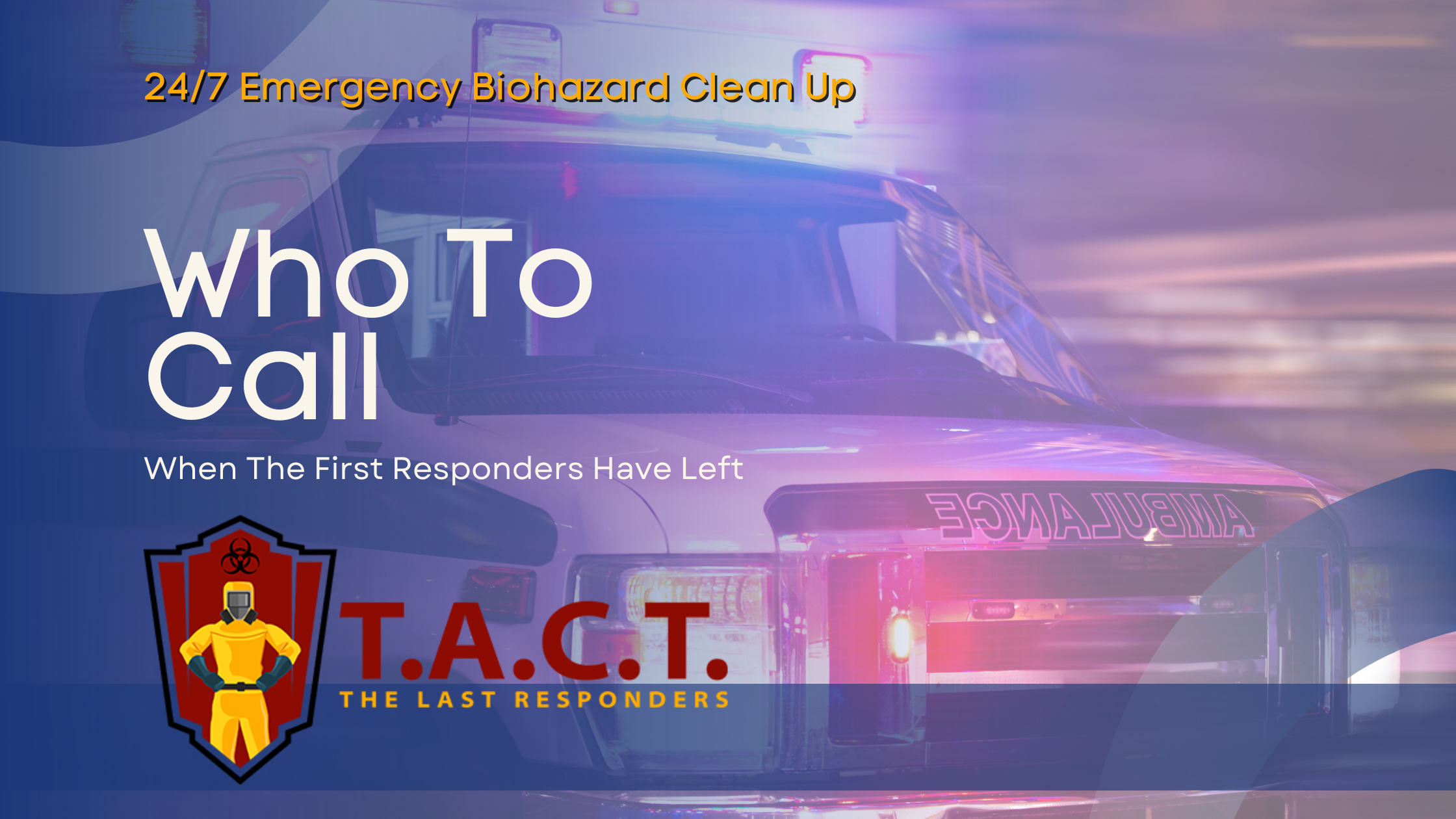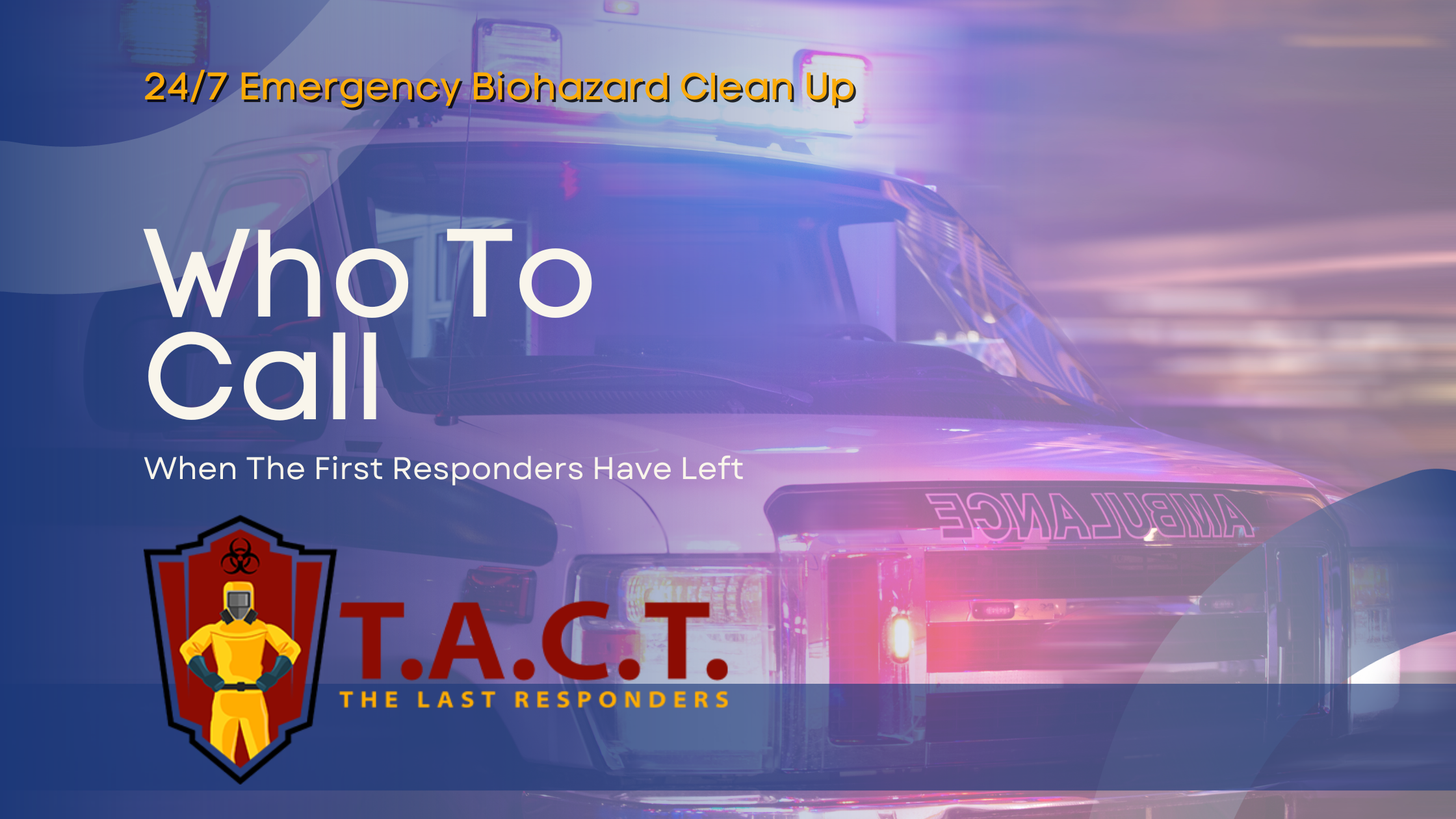Mold Inspector

Essential Guide to Choosing a Qualified Mold Inspector for Your Home
Introduction to Mold Inspectors
Mold inspectors specialize in detecting mold growth and identifying moisture problems in homes, providing a crucial service for indoor air quality.
A qualified mold inspector can help homeowners identify potential mold problems, including visible signs of mold and hidden growth behind walls or in ducts.
Mold inspections are essential for homes with water damage, moisture issues, or visible mold growth, as they can help prevent further mold damage and health effects.
Homeowners can find certified mold inspectors through online directories or by asking for referrals from friends, family, or contractors.
It’s essential to choose a mold inspector with experience in mold remediation and a strong understanding of mold growth, mold spores, and toxic mold.
Qualifications and Certification
A certified mold inspector should have completed an online mold inspector course or a training program in mold inspection and remediation.
Look for certifications from reputable organizations, such as the National Association of Mold Professionals (NAMP), which offer training and certification in mold inspection and remediation.
Mold inspectors should have a strong understanding of mold growth, mold testing, and sampling methods, including surface sampling and air testing.
They should also be familiar with personal protective equipment (PPE) and safety protocols for handling mold.
A qualified mold inspector should be able to identify different types of mold, including black mold, and provide guidance on remediation and prevention.
The Inspection Process
A typical mold inspection involves a visual inspection of the home, including areas prone to moisture and mold growth, such as bathrooms, kitchens, and basements.
The inspector may use specialized equipment, such as moisture meters and thermal imaging cameras, to detect hidden moisture and mold growth.
The inspector will collect samples of suspected mold growth for laboratory testing to determine the type of mold and its toxicity.
The inspection process may also involve testing for mold spores in the air and on surfaces, using methods such as tape lifts and swab samples.
A comprehensive mold inspection report will outline the findings, including any mold problems, moisture issues, and recommendations for remediation and prevention.
Finding a Qualified Inspector
Homeowners can search online for certified mold inspectors in their area, using directories such as the NAMP website.
It’s essential to read reviews and ask for referrals from friends, family, or contractors to find a qualified and experienced mold inspector.
Look for inspectors with experience in mold remediation and a strong understanding of mold growth, mold testing, and sampling methods.
Check if the inspector has completed an online mold inspector course or a training program in mold inspection and remediation.
A qualified mold inspector should be able to provide a comprehensive inspection report and guidance on remediation and prevention.
Understanding Mold Inspection Reports
A mold inspection report should outline the findings, including any mold problems, moisture issues, and recommendations for remediation and prevention.
The report should include details on the type of mold found, its toxicity, and the extent of the mold growth.
The report may also include recommendations for repairs, such as fixing leaks, replacing drywall, and cleaning or removing porous surfaces.
Homeowners should review the report carefully and ask questions if they don’t understand any part of it.
A qualified mold inspector should be able to explain the report and provide guidance on next steps, including remediation and prevention.
Cost and Benefits
The cost of a mold inspection can vary depending on the size of the home, the extent of the mold growth, and the location.
On average, a mold inspection can cost between $300 to $1,000, depending on the services included.
The benefits of a mold inspection far outweigh the costs, as it can help prevent further mold damage, health effects, and costly repairs.
A comprehensive mold inspection report can also provide valuable information for homeowners, including guidance on remediation and prevention.
By investing in a mold inspection, homeowners can protect their health, their home, and their investment.



